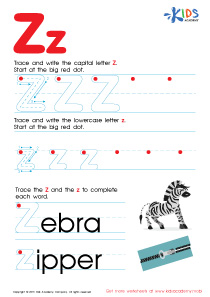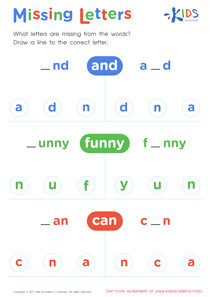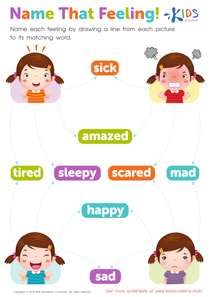Letter recognition Extra Challenge Letter Recognition Worksheets for Ages 6-8
7 filtered results
-
From - To
Challenge and enhance your child's letter recognition skills with our "Letter Recognition Extra Challenge Worksheets" designed for ages 6-8. Tailored to boost early literacy, these engaging activities offer an advanced approach to identifying letters in a variety of contexts. Each worksheet is thoughtfully crafted to promote critical thinking and reinforce letter-sound connections through fun exercises. Ideal for young learners ready to advance beyond basic recognition, these challenges will support your child's reading journey, making learning both effective and enjoyable. Download today and give your child the extra edge in mastering the alphabet!


Letter R Tracing Page


Letter X Tracing Page
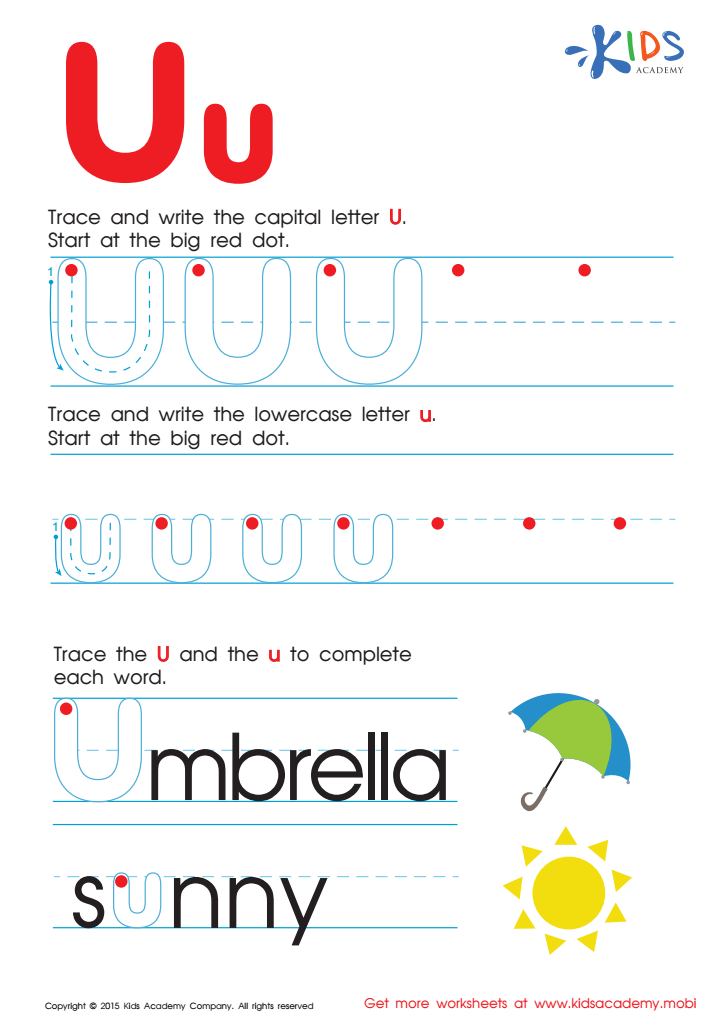

Letter U Tracing Page
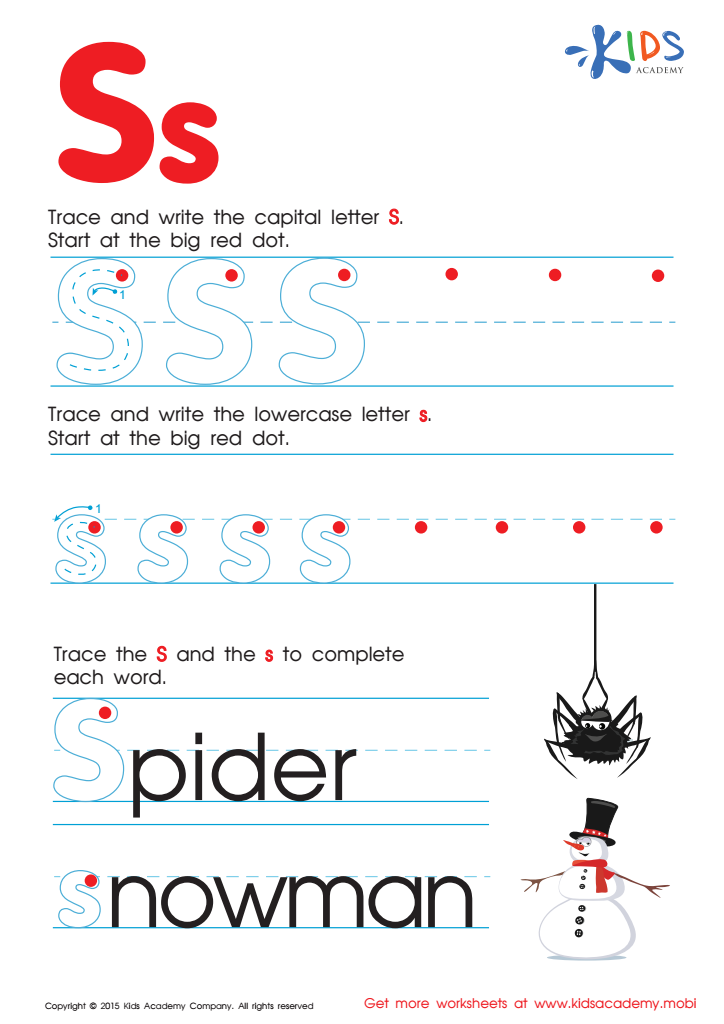

Letter S Tracing Page
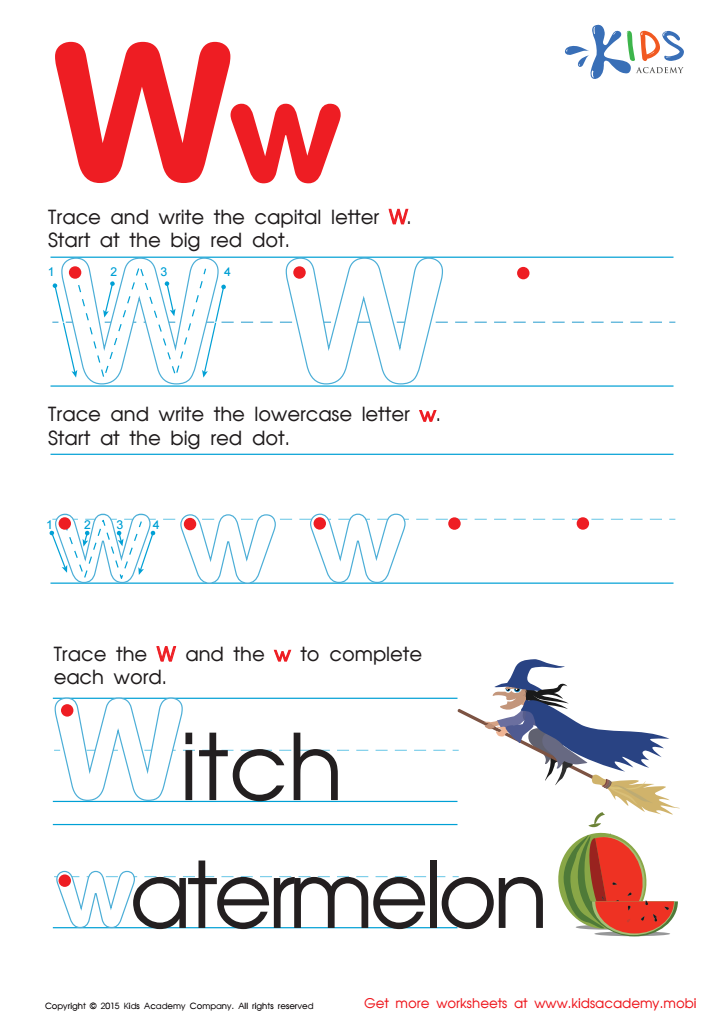

Letter W Tracing Page
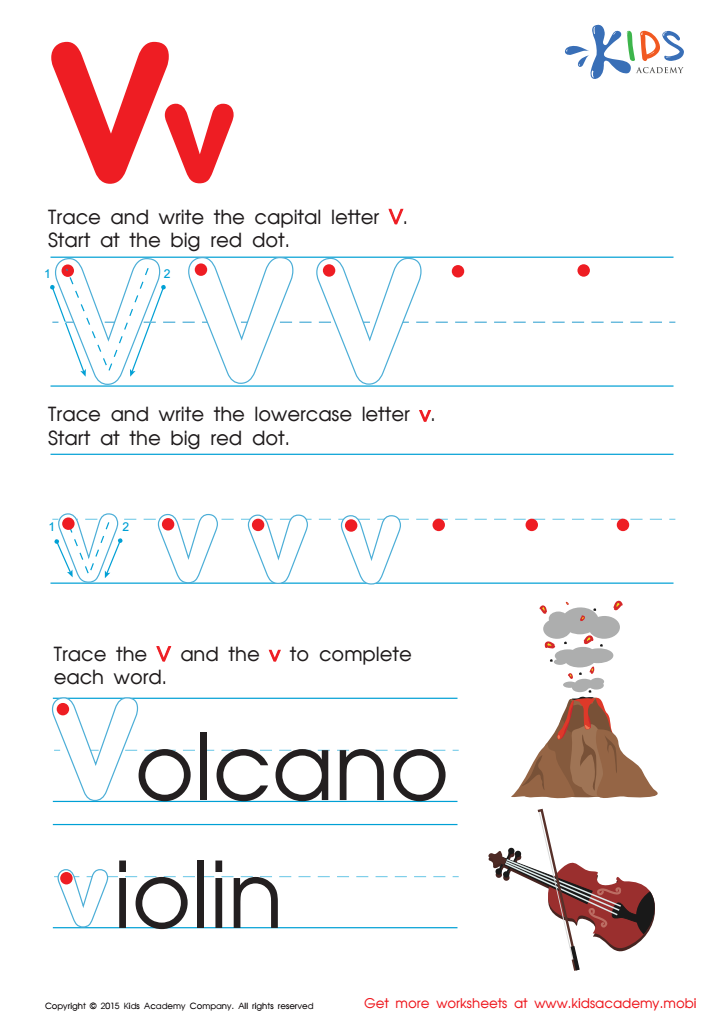

Letter V Tracing Page
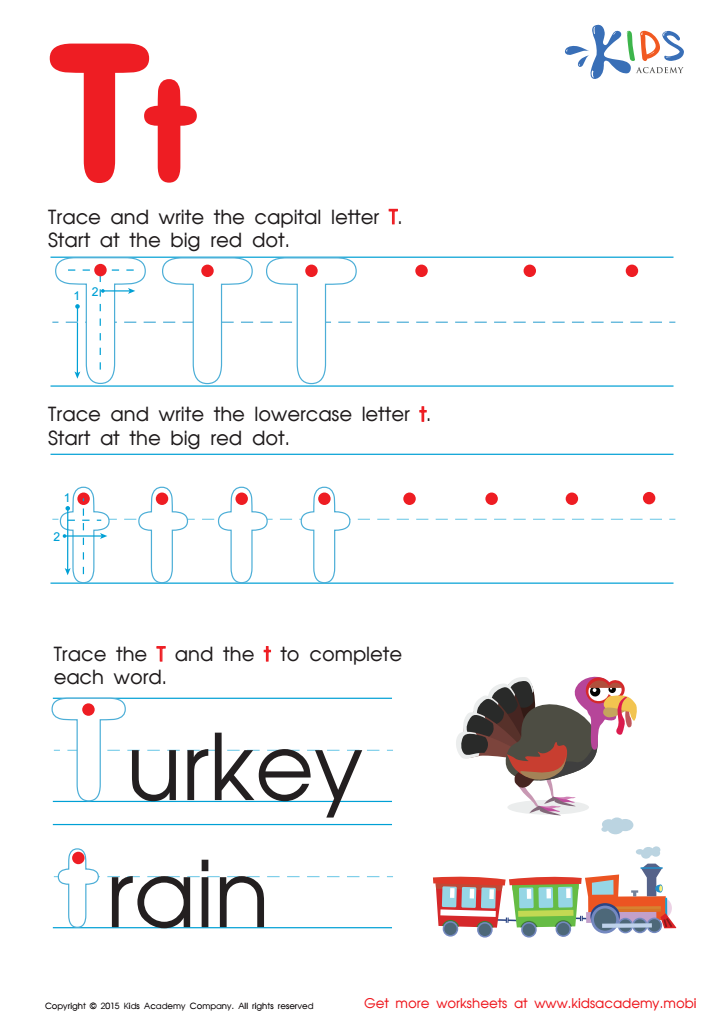

Letter T Tracing Page
Letter recognition is a crucial foundation in a child's journey towards literacy, making it highly significant for parents and teachers to prioritize this skill through extra challenges. For ages 6-8, children are typically developing their reading and writing abilities. Strengthening letter recognition at this stage enhances their ability to decode words quickly and fluently, which is vital for reading comprehension and overall academic success.
Extra challenges in letter recognition also promote better visual discrimination and memory. These activities can help differentiate between similarly shaped letters and understand letter-sound correspondences more deeply. As children juggle multiple subjects in school, solid letter recognition reduces cognitive load, enabling them to focus more on content rather than deciphering text.
Moreover, engaging in extra challenges often involves interactive and playful learning, which can boost a child's motivation and interest in reading. This early enthusiasm can translate into a lifelong love for reading and learning.
Additionally, improved letter recognition can boost a child’s confidence. Mastery in this area allows them to tackle reading tasks with less frustration, contributing to a positive self-image as efficient readers. For these reasons, targeted letter recognition exercises should be a priority for educators and parents aiming to develop strong foundational literacy skills in children aged 6-8.

 Assign to My Students
Assign to My Students









